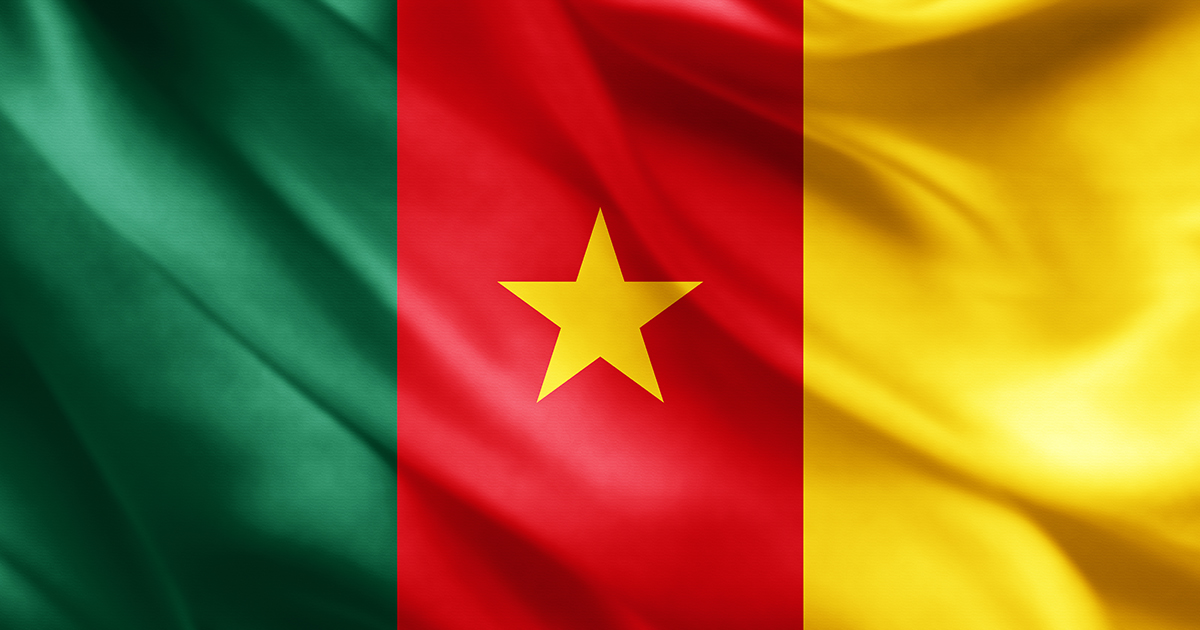The Centre for Human Rights, University of Pretoria, in partnership with Oxford University Faculty of Law, International Human Rights Clinic at the USC Gould School of Law, Oasis Network for Community Transformation and the Oxford University Cameroon Conflict Society cordially invite you to the Oxford Conference on US Senate Resolution 684 regarding the conflict in Anglophone Cameroon. This event is held in memory of the victims of the Ngarbuh Massacre which took place one year ago on 14 February 2020.
The conflict in Anglophone Cameroon has been the most neglected humanitarian crisis in the world for two consecutive years (Norwegian Refugee Council 2019, 2020). In recognition of the levels of violence, the US Senate has unanimously passed Resolution 684 (S. Res. 684). In the Resolution, the US Senate calls for an end to all violence, respect for the human rights of all Cameroonians, and the pursuit of a genuinely inclusive dialogue with a credible third party toward resolving the ongoing civil conflict in Anglophone Cameroon.
We invite you to join us to discuss the implications of S. Res. 684 and next steps the international community should take to resolve the root causes of the conflict and secure the restoration of peace.
Panel Discussion 1
Wednesday 17 February 2021
18:00-19:30 SAST
Panel Discussion 2
Friday 19 February 2021
18:00-19:30 SAST
Topic: What are the implications of the US Senate Resolution 684, and what will it take to resolve the conflict in Cameroon?
Speakers include:
- Kyra Fox (The US Holocaust Museum)
What are the concerns raised in your report concerning the conflict? - Mooya (American Bar Association)
How does this resolution impact political prisoners and journalists? How can this be translated into action and the actual release of these prisoners? - Dr Roxana (Oxford University)
The resolution calls for the Biya government to participate in mediated talks to address the conflict's root causes. What are these root causes, and is there a shared understanding of the root causes? - Angela Quintal (CPJ)
CPJ has championed the cause for press freedom and the release of journalists in Cameroon. Can you paint the picture of what it means to be a journalist in Cameroon. Does this resolution address the concerns of CPJ? What is the way forward? - The Rt Hon Lord Boateng (UK House of Lords)
What will mediation look like in resolving the root causes of the conflict? Who can be a trusted third party in facilitating mediation? - Dr Christophe Hoffmann (MP Bundestag)
What role can former colonial powers like France, Germany, and Britain play in resolving this conflict? - Dr Sebastien Nadot (Member of the French Parliament)
France is specifically mentioned in the resolution. What are the French doing or not doing that has emboldened the Cameroon regime in their line of action? What can the French do to live up to their mantle as a country of “liberty, equality and fraternity"? - Dr Fomunyoh (National Democratic Institute)
What should we expect from the Biden Harris Administration? In what ways can the UN be involved in resolving the conflict? - Hon Emily Thornberry (Member of the House of Commons)
Why does the international community need to come together to resolve the conflict in Cameroon? - Prof Garry (University of Southern California, Gould International Human Rights Clinic)
Should there be an international investigation of the atrocities committed in Cameroon? What are the legal implications of such an inquiry? What will it take to carry out transparent and trustworthy research? What will sanctions and accountability look like? - Prof Frans Viljoen (Centre for Human Rights, University of Pretoria)
What role can the AU play in resolving the conflict?


